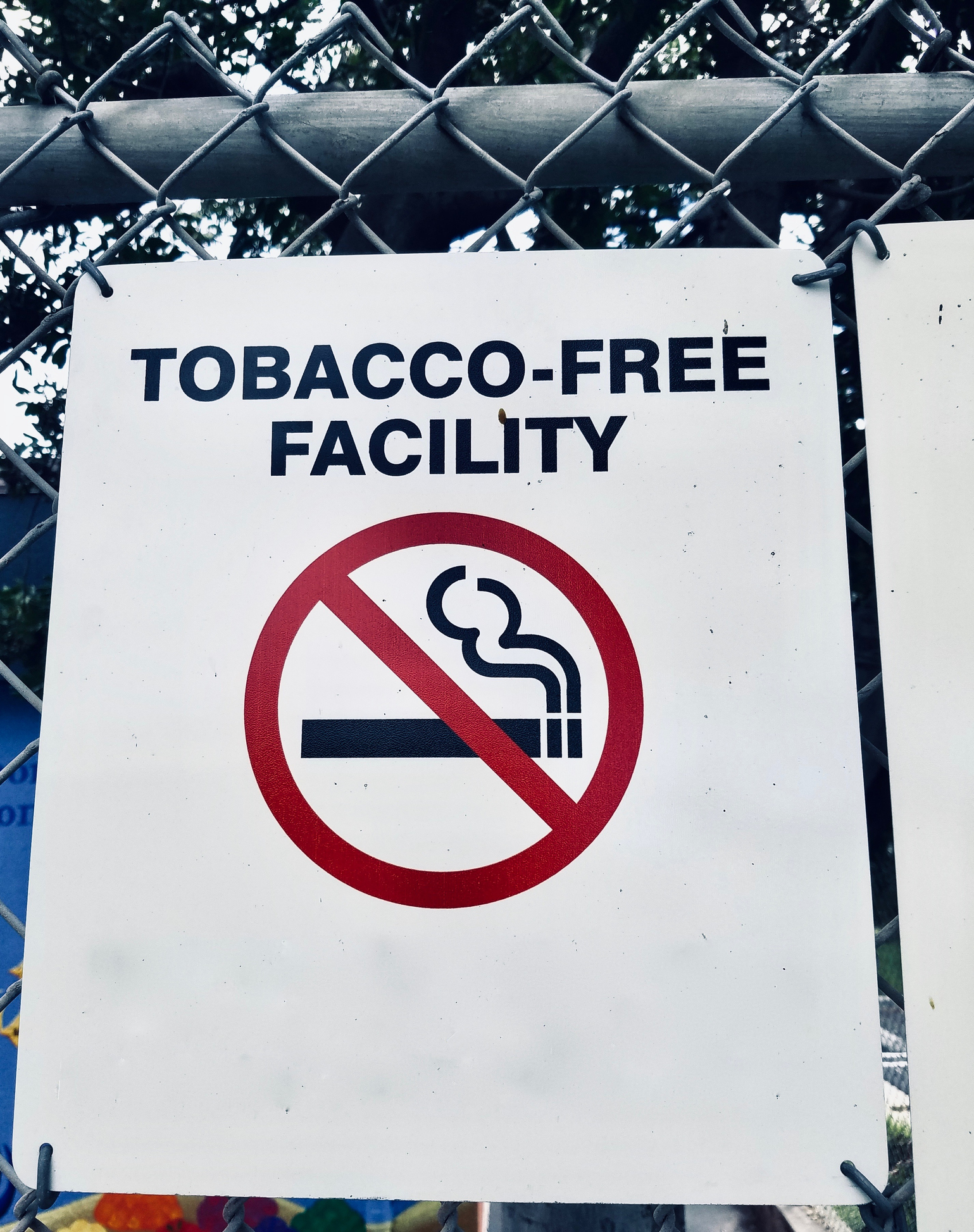The Ministry of Education has unveiled a comprehensive plan to create tobacco-free educational institutions across the nation.
India, the world’s second-largest consumer and producer of tobacco, faces a significant public health challenge with tobacco use accounting for approximately 1.35 million deaths annually.
The Global Youth Tobacco Survey (GYTS) 2019 revealed that 8.5 percent of school students aged 13 to 15 use tobacco in various forms.
On World No Tobacco Day, observed on May 31, 2024, the Department of School Education & Literacy launched the “ToFEI Implementation Manual.”
This manual, developed under the National Tobacco Control Programme (NTCP), aims to guide schools in complying with Tobacco Free Educational Institution (ToFEI) guidelines.
The initiative outlines several key measures to be implemented in schools nationwide, including the display of “Tobacco Free Area” signage within school premises, prohibiting evidence of tobacco use on campus, organizing regular tobacco control activities, and nominating “Tobacco Monitors” among staff.
Additionally, the plan enforces a 100-yard tobacco-free zone around educational institutions.
The Secretary of the Department of School Education & Literacy emphasized the importance of civil society engagement in spreading awareness.
States and Union Territories are encouraged to leverage School Management Committees, National Social Service, and the Vidyanjali-School Volunteer Initiative to involve NGOs and resource persons in tobacco prevention efforts.
This multi-faceted approach aims to create a supportive environment for students to resist tobacco use and promote healthier lifestyle choices.














